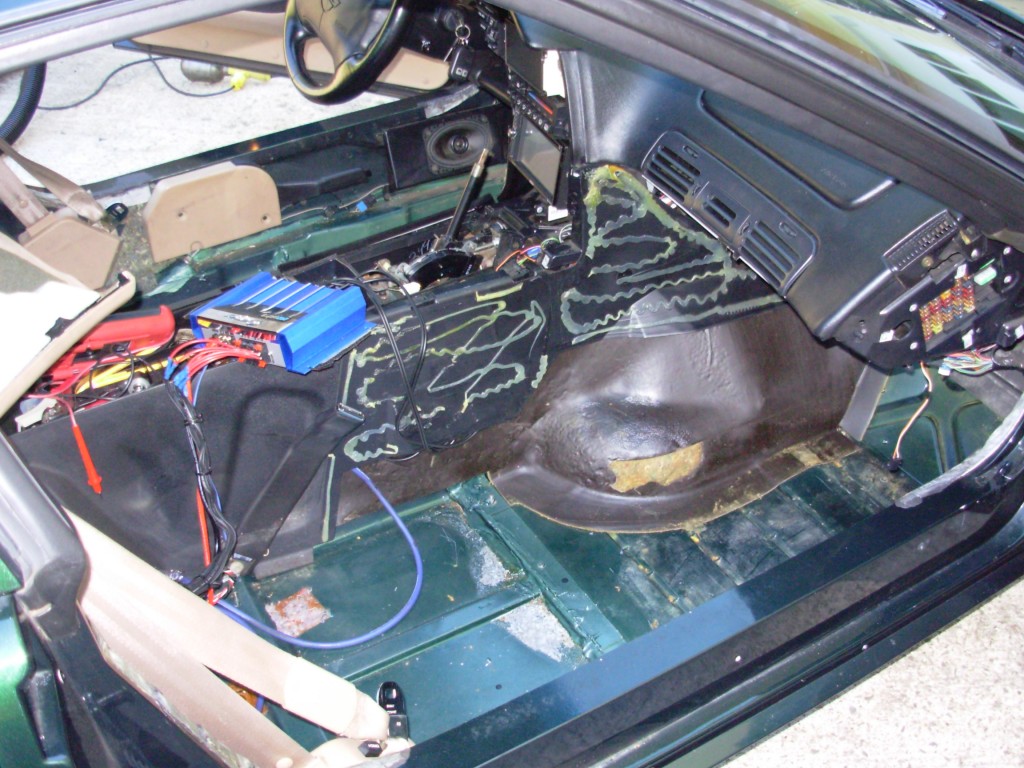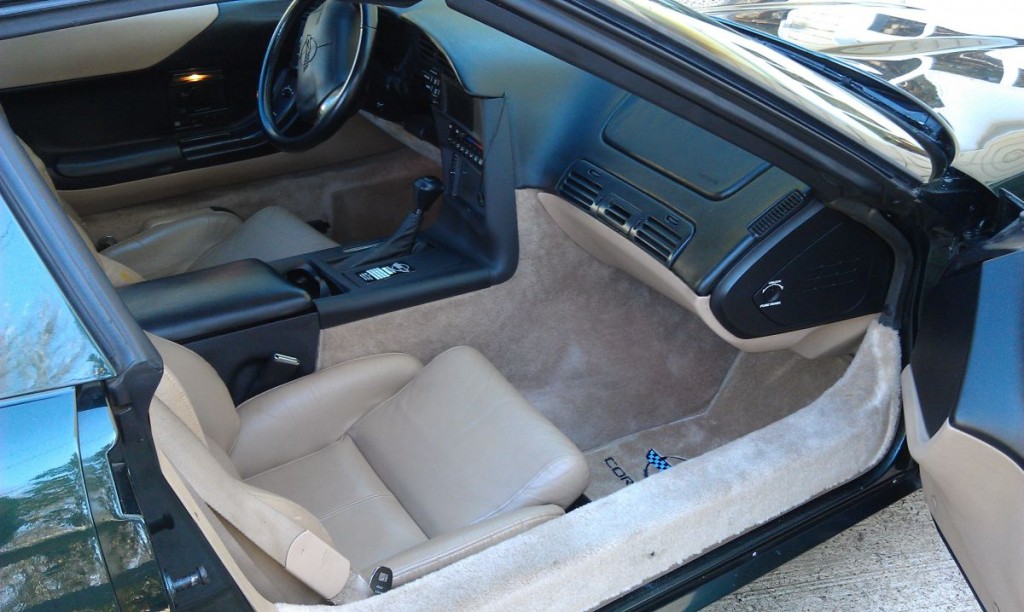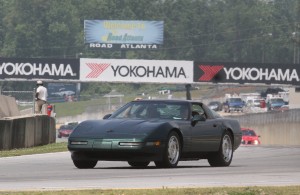Labor Unions Special Privileges
Are you aware of the fact that Labor union officials enjoy many extraordinary powers and immunities that were created by legislatures and the courts. Union officials claim to rely on the support of rank-and-file workers. Yet, they clamor in the political arena to secure and expand their government-granted powers, including the powers to shake down workers for financial support and even to wage campaigns of violent retaliation against non-union employees.
The following list of special privileges reveals the extent to which union bosses have rigged our nation’s labor laws in their favor.
| Privilege #1: | Exemption from prosecution for union violence.
The most egregious example of organized labor’s special privileges and immunities is the 1973 United States v. Enmons decision. In it, the United States Supreme Court held that union violence is exempted from the Hobbs Act, which makes it a federal crime to obstruct interstate commerce by robbery or extortion. As a result, thousands of incidents of violent assaults (directed mostly against workers) by union militants have gone unpunished. Meanwhile, many states also restrict the authority of law enforcement to enforce laws during strikes. |
| Privilege #2: | Exemption from anti-monopoly laws.
The Clayton Act of 1914 exempts unions from anti-monopoly laws, enabling union officials to forcibly drive out independent or alternative employee bargaining groups. |
| Privilege #3: | Power to force employees to accept unwanted union representation.
Monopoly bargaining, or “exclusive representation,” which is embedded in most of the country’s labor relations statutes, enables union officials to act as the exclusive bargaining agents of all employees at a unionized workplace, thereby depriving employees of the right to make their own employment contracts. For example, the National Labor Relations Act (NLRA) of 1935, the Federal Labor Relations Act (FLRA) of 1978, and the Railway Labor Act (RLA) of 1926 prohibit employees from negotiating their own contracts with their employers or choosing their own workplace representatives. |
| Privilege #4: | Power to collect forced union dues.
Unlike other private organizations, unions can compel individuals to support them financially. In 27 states under the NLRA (those that have not passed Right to Work laws), all states under the RLA, on “exclusive federal enclaves,” and in many states under public sector labor relations acts, employees may be forced to pay union dues as a condition of employment, even if they reject union affiliation. |
| Privilege #5: | Unlimited, undisclosed electioneering.
The Federal Election Campaign Act exempts unions from its limits on campaign contributions and expenditures, as well as some of its reporting requirements. Union bigwigs can spend unlimited amounts on communications to members and their families in support of, or opposition to, candidates for federal office, and they need not report these expenditures if they successfully claim that union publications are primarily devoted to other subjects. For years, the politically active National Education Association (NEA) teacher union has gotten away with claiming zero political expenditures on its IRS tax forms! |
| Privilege #6: | Ability to strong-arm employers into negotiations.
Unlike all other parties in the economic marketplace, union officials can compel employers to bargain with them. The NLRA, FLRA, and RLA make it illegal for employers to resist a union’s collective bargaining efforts and difficult for them to counter aggressive and deceptive campaigns waged by union organizers. |
| Privilege #7: | Right to trespass on an employer’s private property.
The Norris-LaGuardia Act of 1932 (and state anti-injunction acts) give union activists immunity from injunctions against trespass on an employer’s property. |
| Privilege #8: | Ability of strikers to keep jobs despite refusing to work.
Unlike other employees, unionized employees in the private sector have the right to strike; that is, to refuse to work while keeping their job. In some cases, it is illegal for employers to hire replacement workers, even to avert bankruptcy. Meanwhile, union officials demonize replacement workers as “scabs” to set them up for retaliation. |
| Privilege #9: | Union-only cartels on construction projects.
Under so-called project labor agreements, governments (local, state, or federal) award contracts for construction on major projects such as highways, airports, and stadiums exclusively to unionized firms. Such practices effectively lock-out qualified contractors and employees who refuse to submit to exclusive union bargaining, forced union dues, and wasteful union work rules. So far, just three states have outlawed these discriminatory and costly union-only pacts. |
| Privilege #10: | Government funding of forced unionism.
On top of all of the special powers and immunities granted to organized labor, politicians even pour taxpayer money straight into union coffers. Union groups receive upwards of $160 million annually in direct federal grants. But that’s just the tip of the iceberg. In 2001, the federal Department of Labor doled out $148 million for “international labor programs” overwhelmingly controlled by an AFL-CIO front group. Federal bureaucrats spend approximately $2.6 billion per year on “job training programs” that, under the Workforce Investment Act, must be administered by boards filled with union officials. Union bosses also benefit from a plethora of state and local government giveaways. |


